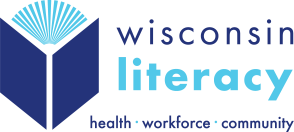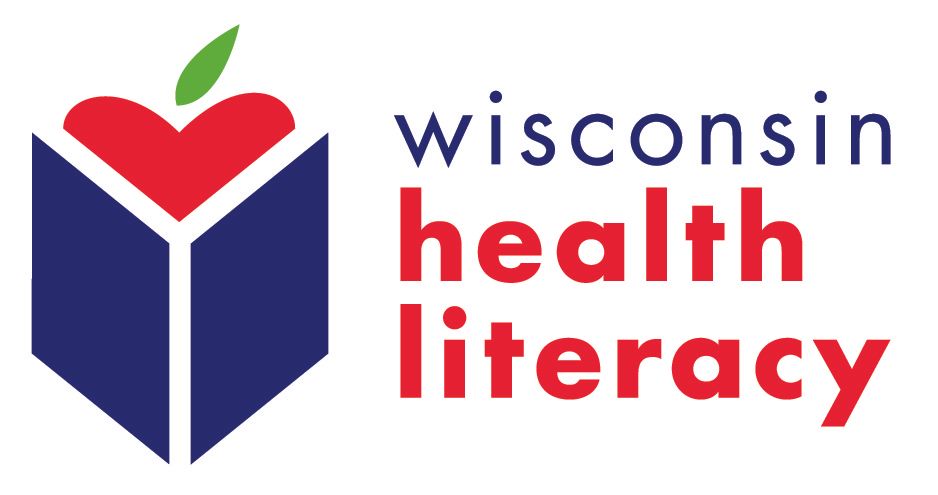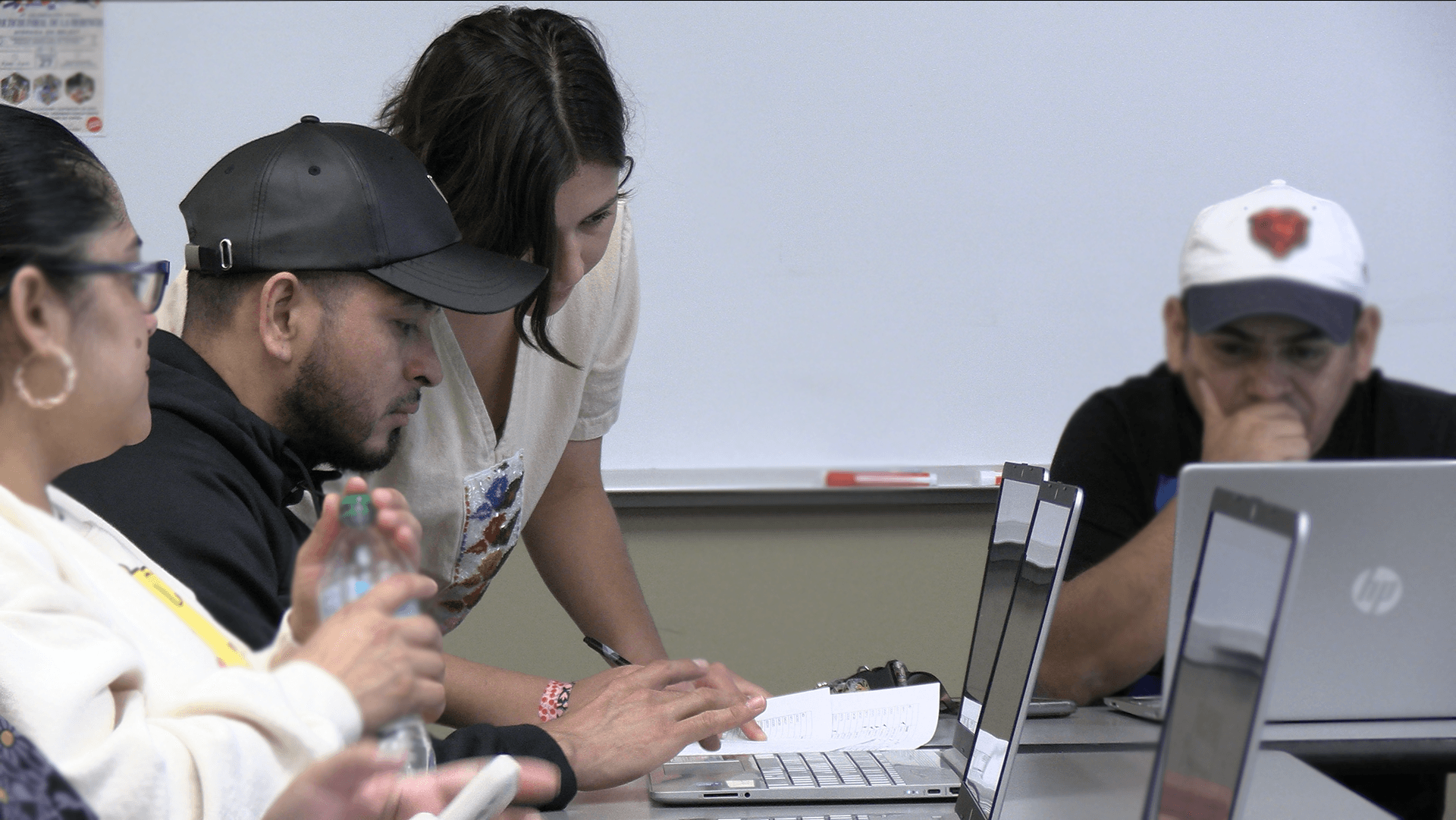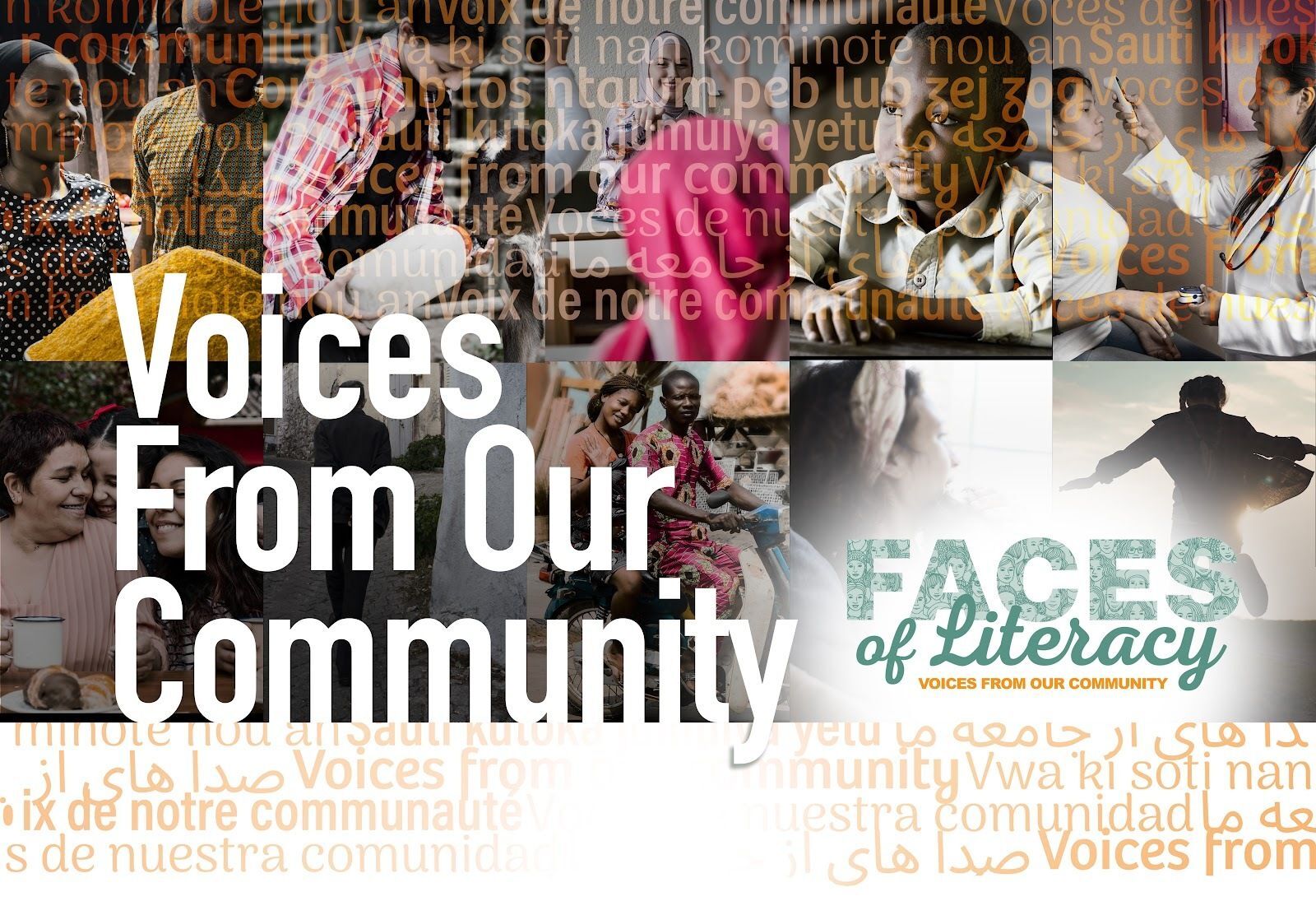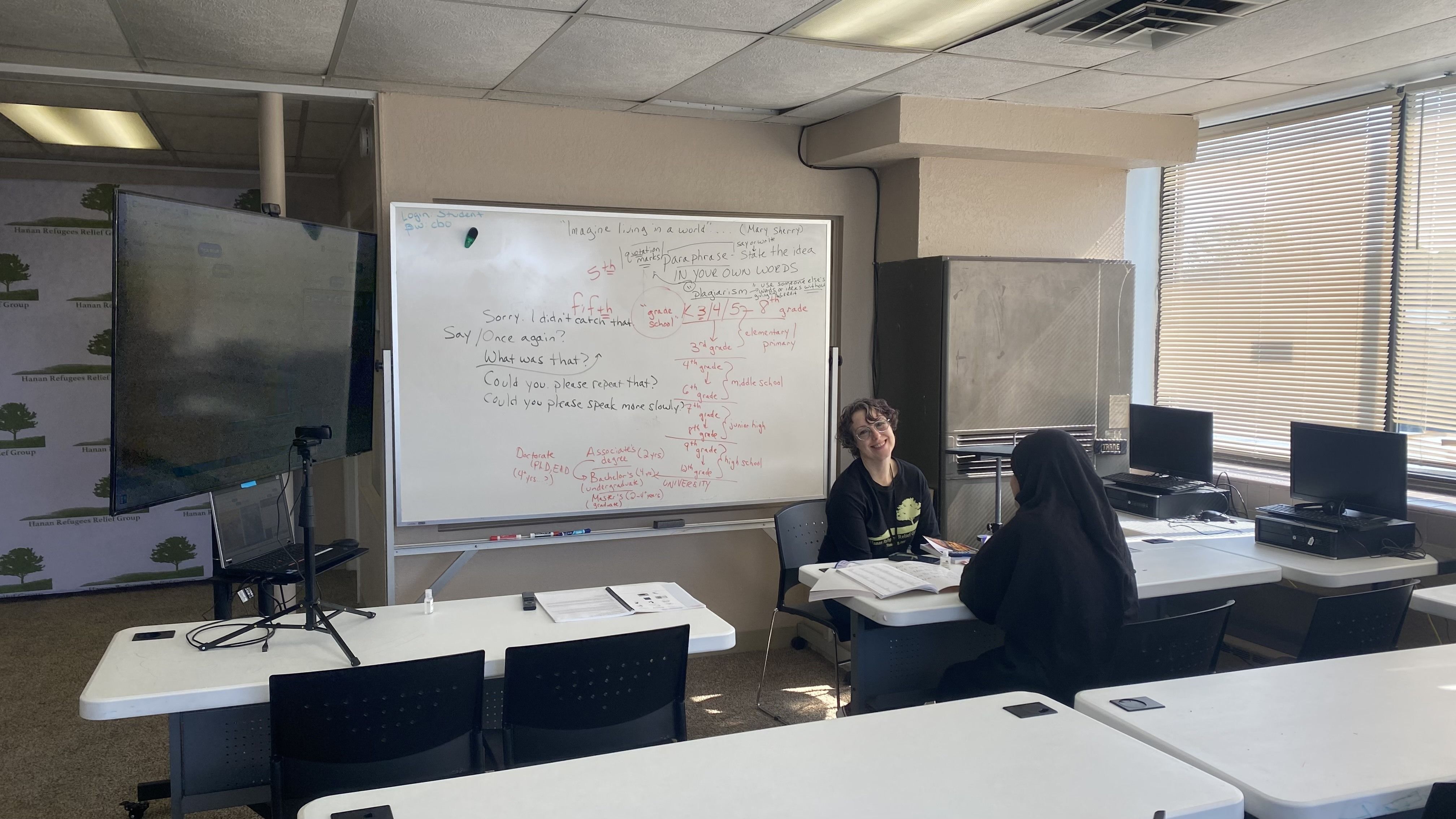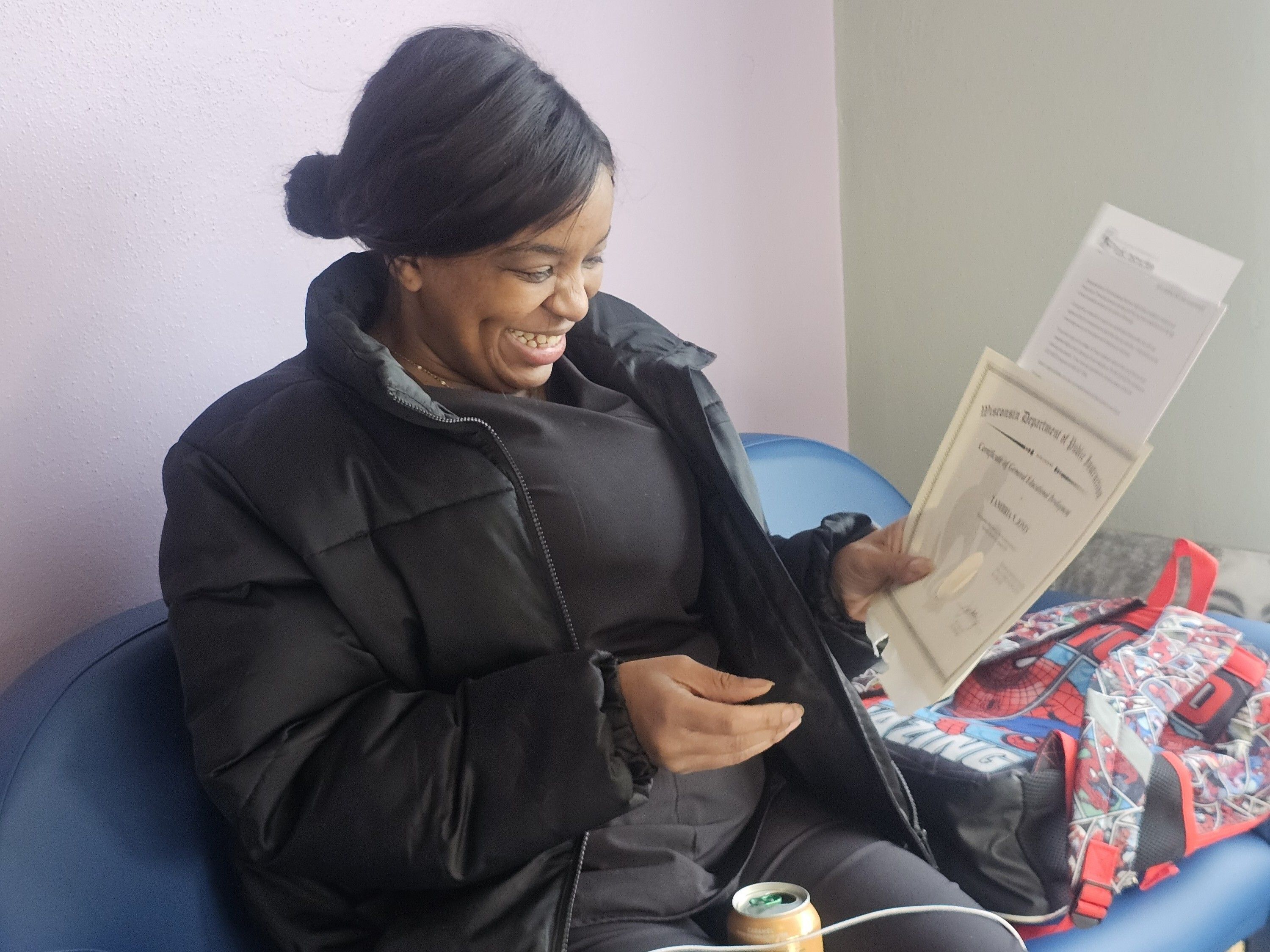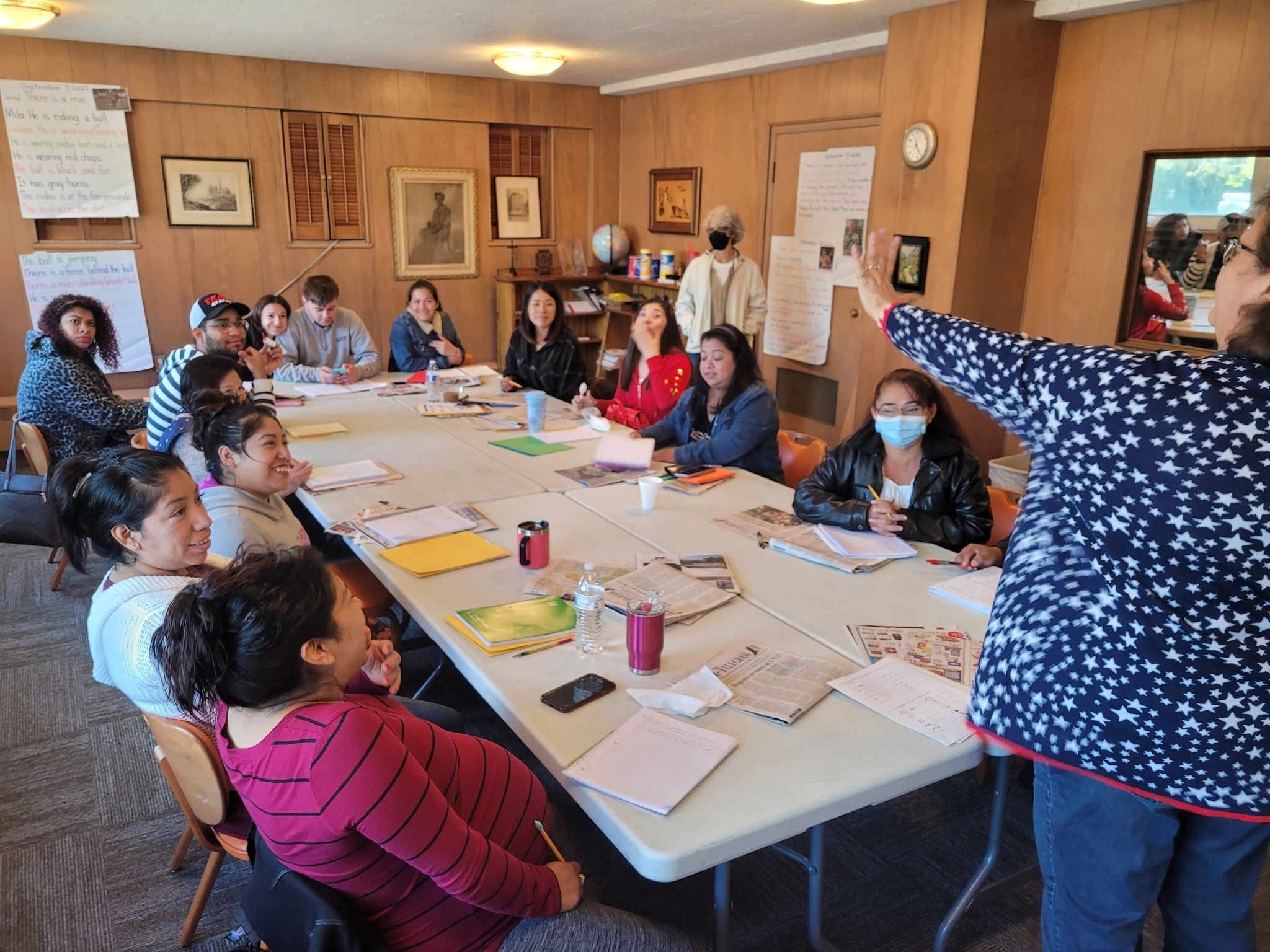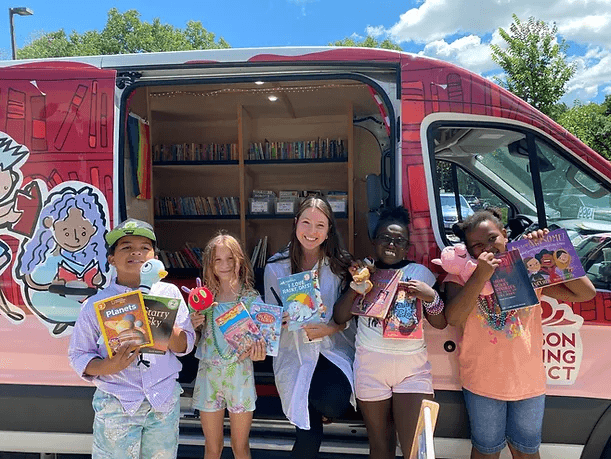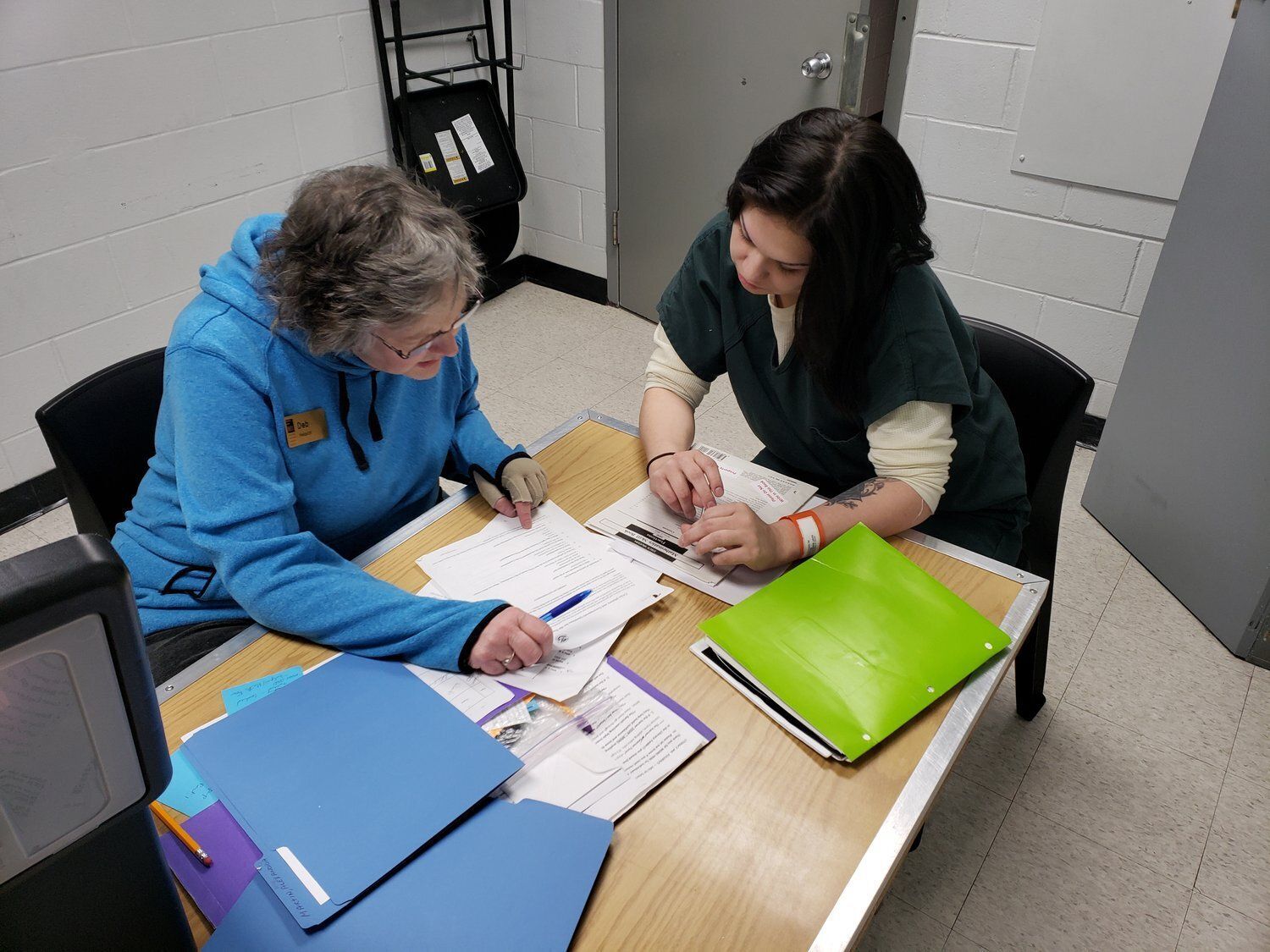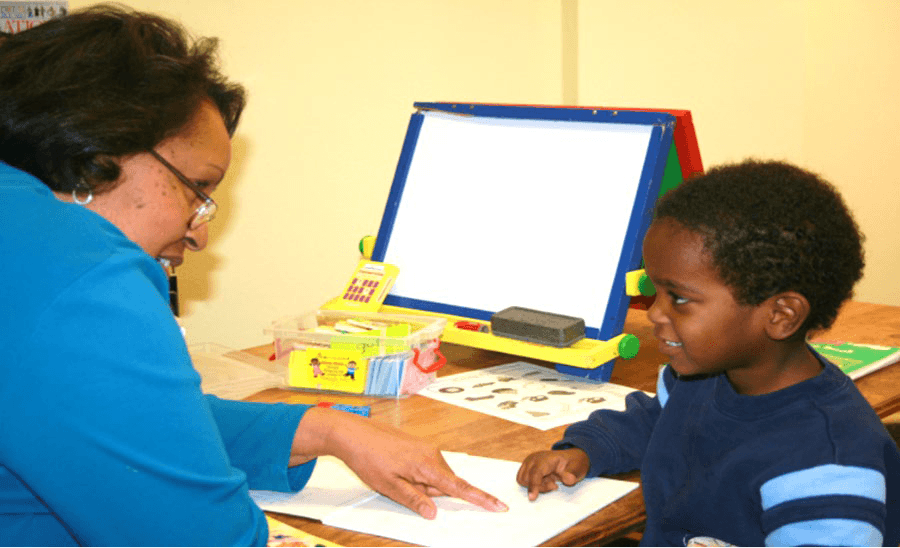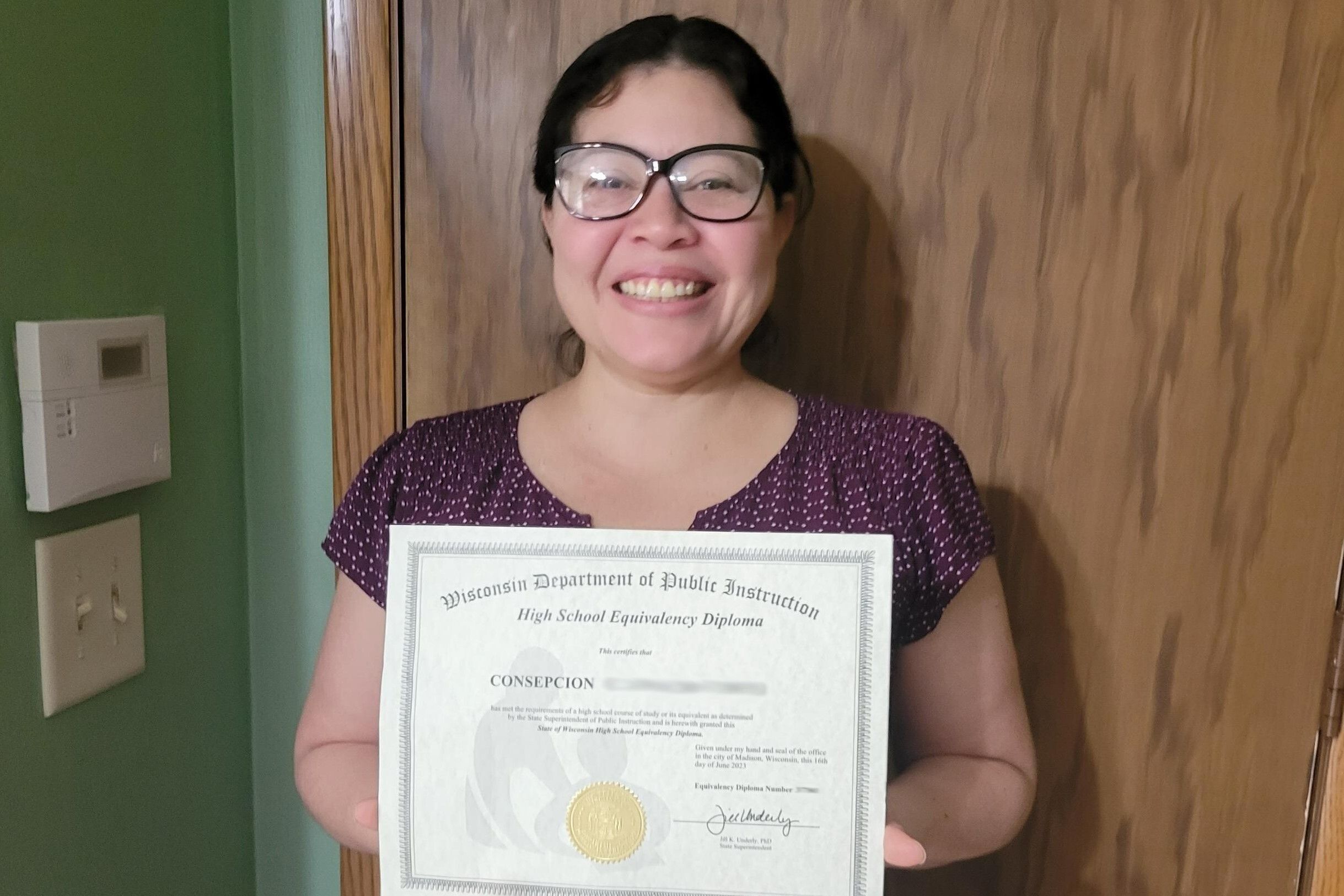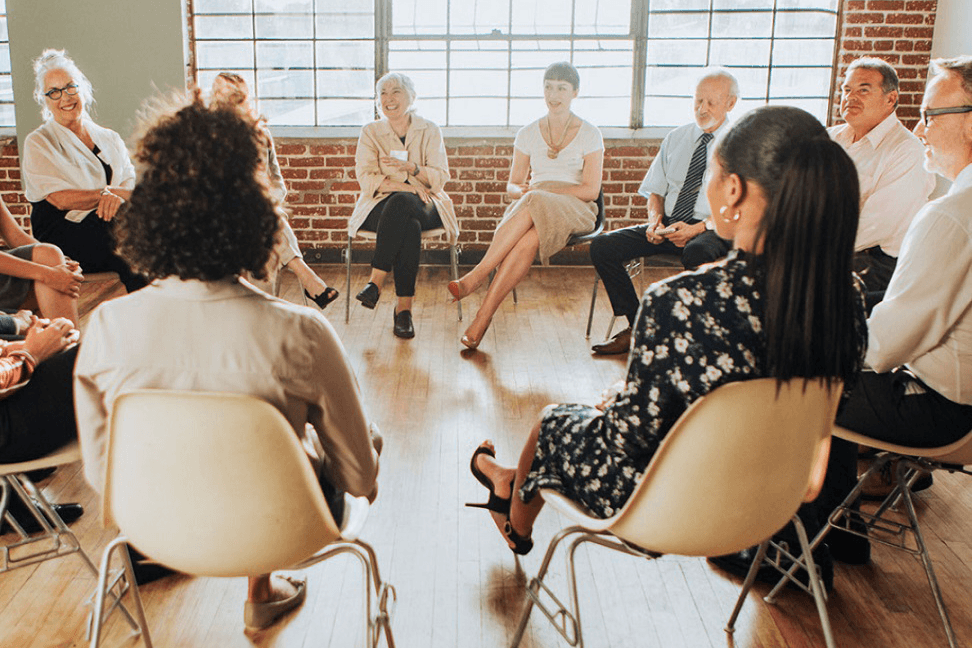Why Literacy Matters
1.5 million people in Wisconsin need help building literacy skills. With literacy support, adults and children:
- learn to read and understand math;
- earn their GED credential;
- understand their health;
- improve their spoken and written English; and
- build work readiness skills.
With Wisconsin Literacy, literacy programs across Wisconsin can gain strength and sustainability to do the groundwork. Donate to strengthen literacy statewide.
Recent Success Stories
-
The Alternative Center for Education in Appleton takes a personal approach to literacy, meeting learners where they are. One man’s path from student to spokesperson reflects the profound impact of that individualized care.
-
Stateline Literacy Council’s summer math intensive empowered adult learners to overcome fears, master practical math skills, and prepare for their GEDs — proving that with persistence, teamwork, and support, there truly are no limits.
-
Fox Valley Literacy blends creativity with education, transforming learner essays into songs that connect communities and amplify student voices.
-
Faced with funding changes and shifting needs, Hanan Relief Group reimagined its ESL programs with hybrid classes, in-home instruction, and expanded access to technology. Their innovative approach, supported by Wisconsin Literacy, is helping refugee learners stay connected and continue progressing in their English education.
-
From GED student to future healthcare hero, Tambria’s journey is a powerful reminder that lifting others is the surest path to lifting ourselves.
-
Literacy Chippewa Valley (LCV) is a place of learning, growth and opportunity. It has more students now – a little more than 600 – than it’s ever had since its founding in 1987. The WL member organization is able to effectively serve those students with just six paid staff members and 25 community volunteers. What’s their secret?
-
Empowering Literacy, One Book at a Time: The Inspirational Journey of Madison Reading Project and its Founder, Rowan Childs.
-
Sawyer County Literacy Council (SCLC) boasts a flexible and innovative approach to literacy education. SCLC is committed to literally meeting students where they are at. One example of this is their partnership with Sawyer County Jail - a collaboration that took about 1.5 years to establish and has been ongoing since 2016.
-
For the past twenty years, the African American Mutual Assistance Network, Inc. (AAMAN), based in Onalaska, has provided resources to children and young adults in Wisconsin and beyond. This support equips and empowers youth to reach their full potential. AAMAN was founded by Cecil and Valjean Adams in 2003.
-
Communicating with teachers and doctors is just one part of being a parent. When your child has special needs, coordinating school details and medical information is especially important. That can be challenging for any parent – and even more so when you do not know English well. That is the challenge Consepcion, a student at Faith Literacy in Janesville, has been facing.
-
In Janesville, boosting literacy is a collective effort involving a diverse, dedicated group of stakeholders. “The students, the tutors, everybody comes from all over the community,” says Barb Becker, who runs Faith Literacy. “It’s turned into a big community sort of thing.”
-
Still in high school but already looking to potential career paths, Michele made a promise to herself to work on her reading ability. “I wanted to have a good skill in life, and reading is an important skill,” she says.
-
Before founding Reading Connections in 1996, Mary Bowers was a second-grade teacher. When her son had trouble learning to read, Mary and her husband, Rick, did everything they could to help him. Rick says, “You need to be able to read well to succeed.”
